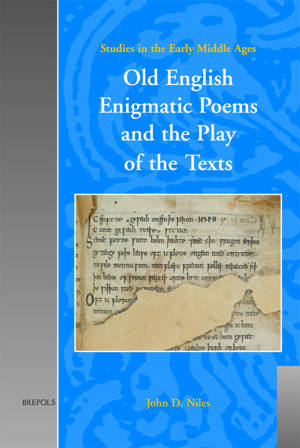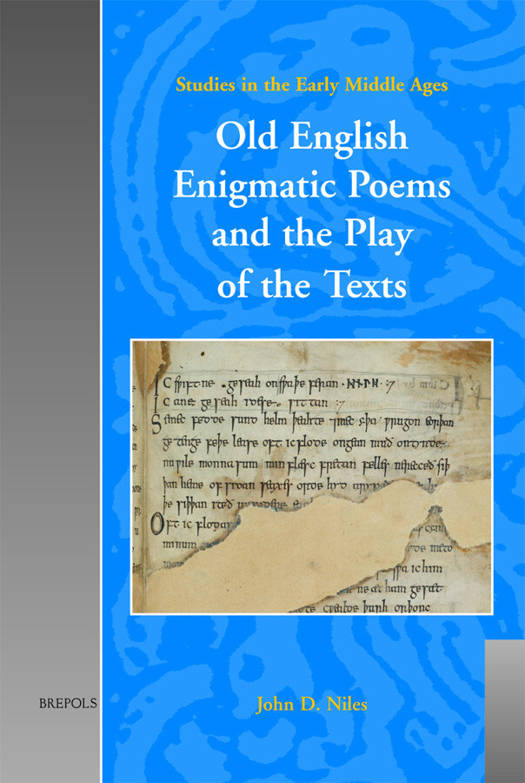
- Afhalen na 1 uur in een winkel met voorraad
- Gratis thuislevering in België vanaf € 30
- Ruim aanbod met 7 miljoen producten
- Afhalen na 1 uur in een winkel met voorraad
- Gratis thuislevering in België vanaf € 30
- Ruim aanbod met 7 miljoen producten
Zoeken
€ 47,70
+ 95 punten
Omschrijving
This book consists of a close study of a number of verse texts chiefly drawn from the Exeter Book of Old English poetry. All of these texts are enigmatic. Some are outright riddles, while others (such as the elegies) are riddle-like in their manner of simultaneously giving and withholding information. The author approaches these poems as microcosms of the art of Old English poetry in general, which (particularly in its more lyrical forms) relies on its audience's ability to decipher metaphorical language and to fill out details that remain unexpressed. The chief claim advanced is that Old English poetry is a good deal more playful than is often acknowledged, so that the art of interpreting it can require a kind of 'game strategy' whereby riddling authors match their wits against adventurous readers. Innovative readings of a number of poems are offered, while the whole collection of Exeter Book riddles is given a set of answers posed in the language of the riddler. The literary use of runes in The Rune Poem, The Husband's Message, and Cynewulf's runic signatures comes under close scrutiny, and the thesis is advanced that Anglo-Saxon runes (particularly those that lacked stable conventional names) were sometimes used as initialisms. The book combines the methods of rigorous philology and imaginative literary analysis.
Specificaties
Betrokkenen
- Auteur(s):
- Uitgeverij:
Inhoud
- Aantal bladzijden:
- 348
- Taal:
- Engels
Eigenschappen
- Productcode (EAN):
- 9782503515304
- Verschijningsdatum:
- 11/10/2006
- Uitvoering:
- Hardcover
- Formaat:
- Genaaid
- Afmetingen:
- 168 mm x 246 mm
- Gewicht:
- 771 g

Alleen bij Standaard Boekhandel
+ 95 punten op je klantenkaart van Standaard Boekhandel
Beoordelingen
We publiceren alleen reviews die voldoen aan de voorwaarden voor reviews. Bekijk onze voorwaarden voor reviews.







